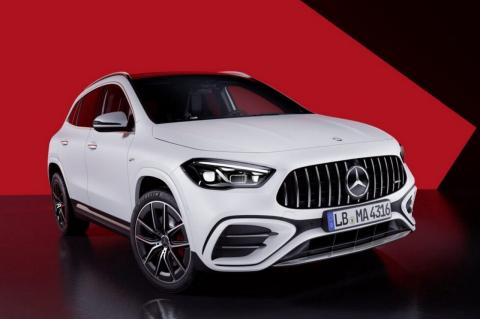It was a matter of time before it was approved and the time has come: the European Parliament has approved the project that prohibits the sale of gasoline and diesel cars from 2035. This also includes any type of car that has a combustion block in its mechanics, so both hybrid cars and plug-in hybrid cars are also on the horizon.
It is the first proposal of the ‘fit for 55’ package, with which the European Union wants to reduce 55% of emissions by 2030.
In fact, said date is the first indicated in the plan, which establishes two deadlines to reduce emissions in the sale of cars for individuals.
By 2030, the aim is to reduce CO2 emissions in new cars by 55% and by 50% for vans (compared to the levels recorded in 2021). The second and, for the moment, definitive step, will be that in 2035 emissions are 0% for both one and the other.
According to the parties defending the agreement, a sufficient margin has been established to give the industry time to adapt. However, it is not just about the transition of manufacturers, which has already begun in practically all brands, but also about the infrastructure and charging network, as well as the economic situation of European citizens.
In 2022, electric car sales accounted for just over 10% throughout Europe and their distribution in the different markets has been very heterogeneous, being very important in the Nordic countries and much less relevant in the Mediterranean.
It must also be taken into account that cars account for 12% of all CO2 emissions produced in the European territory (rising to 25% if all transport is included), so the impact of this measure , if similar movements are not applied in other areas (such as industrial production), it may not be very large.








